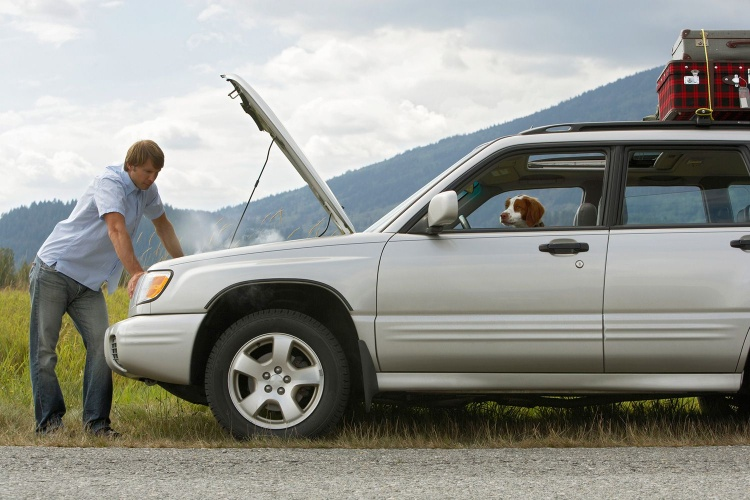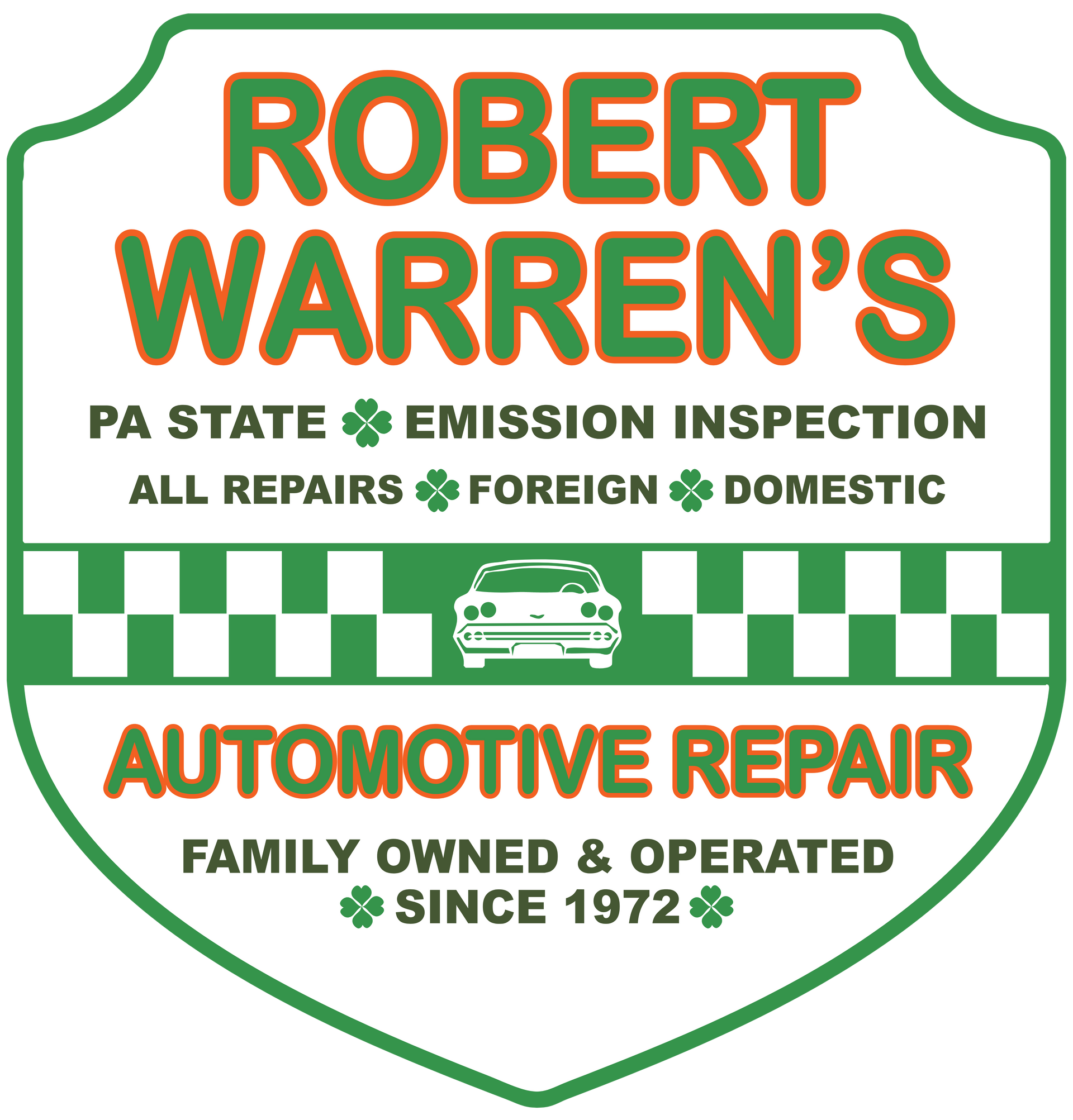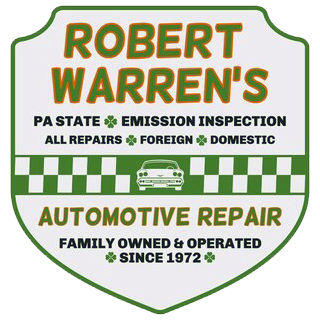BLOG
Do's and DON'TS for when your car overheats
Getting to know your Vehicles Engine Cooling System

HOW TO PREVENT AN OVERHEATED CAR ENGINE
Take care of your car, and it’ll take care of you. The best way to prevent an overheating car engine is to have regular coolant flushes and exchanges performed on your car and stay up to date with radiator maintenance as recommended by manufacturer. Routine inspections can also help you fix any potential radiator or engine issues before they worsen.
SIGNS YOUR ENGINE IS OVERHEATING
If you’re able to take steps to cool your engine before it overheats to the point of failing, you may reduce the risk of irreversible engine damage. But first, you've got to notice the symptoms of overheating, which can include:
- Steam (which can look like smoke) coming from under the car hood.
- An engine temperature gauge on your dashboard that spikes to "H" or into the red. (Engine temperature gauge symbols vary, so consult your owner's manual.)
- A strange smell coming from the engine area. For example, leaking coolant can smell sweet while leaking oil might smell more burnt.
As soon as you notice the engine overheating, contact us 215-357-9507 so we can assist.
WHAT NOT TO DO WHEN YOUR ENGINE OVERHEATS
1. DON’T PANIC.
Your engine isn’t keeping its cool, but you can!
2. DON’T KEEP DRIVING.
If your engine is overheating but still running, you're not doing it any favors by staying on the road. Sure, you may be able to get to your destination before it gives out entirely, but you may cause significant (and costly) damage by pushing your engine too far.
3. DON’T OPEN THE HOOD IMMEDIATELY.
Once you've pulled over, wait for the engine to cool before popping the hood to check things out. Opening the hood immediately can put you at risk of burns or injuries from spewing steam or smoke. Patience is key. Wait until the engine temperature gauge settles before opening the hood.
4. DON’T LET THE ISSUE LINGER.
An overheating engine won't resolve on its own, even if it seems to be fixed after you add a little coolant. It will only get worse if left unaddressed. Let us get to the root of the issue and help save your engine.
WHAT TO DO WHEN YOUR ENGINE OVERHEATS
1. KILL THE A/C AND CRANK THE HEAT.
Immediately turn off the air conditioner to reduce stress on the engine. Then, turn the dial to maximum heat. This can help pull heat away from the engine to keep it from overheating until you can pull over in a safe location. You may get a little hot yourself, but a few minutes of discomfort is a small price to pay compared to major engine repairs.
2. FIND A SAFE PLACE TO PULL OVER.
Pull over and shut off the car. Allow the engine to cool for at least 15 minutes. Keep an eye on the temperature gauge, as it should move back to a normal range as the engine cools. While you're waiting, put together a plan to get your overheated engine checked out. Call a friend, a tow truck, or call into the shop (215) 357-9507.
3. CHECK AND ADD COOLANT/H2o (IF YOU HAVE IT).
If your coolant level is low, a quick top-off could help protect your engine and prevent overheating until you can get things fixed. However, this step won't do much good if a coolant hose is clogged or the source of your troubles is a broken radiator fan or water pump. Consult your owner's manual to find the location of your coolant reservoir tank and to learn how to add coolant to your vehicle. *You can use regular water in an EMERGENCY break down situation.
4. RESTART THE ENGINE.
If your car isn't being towed, now's the time to carefully restart your engine and drive to your nearest auto repair shop. Keep an eye on the temperature gauge as you drive. If it rises again, pull over and let the system cool.
Follow us on Instagram! @robertwarrensautomotive


